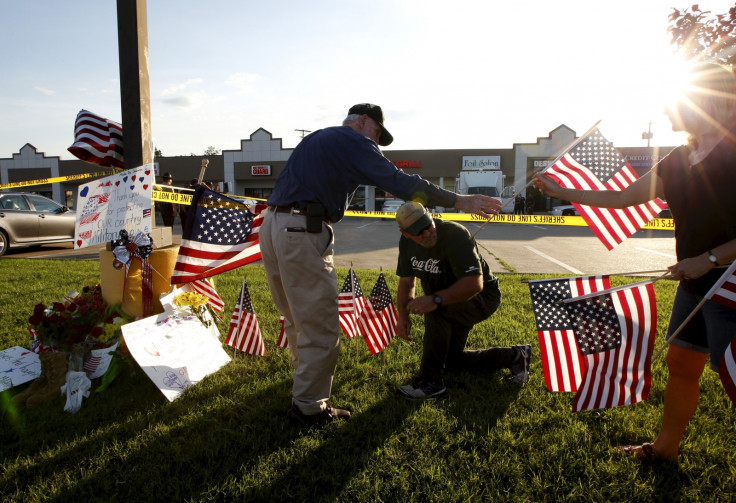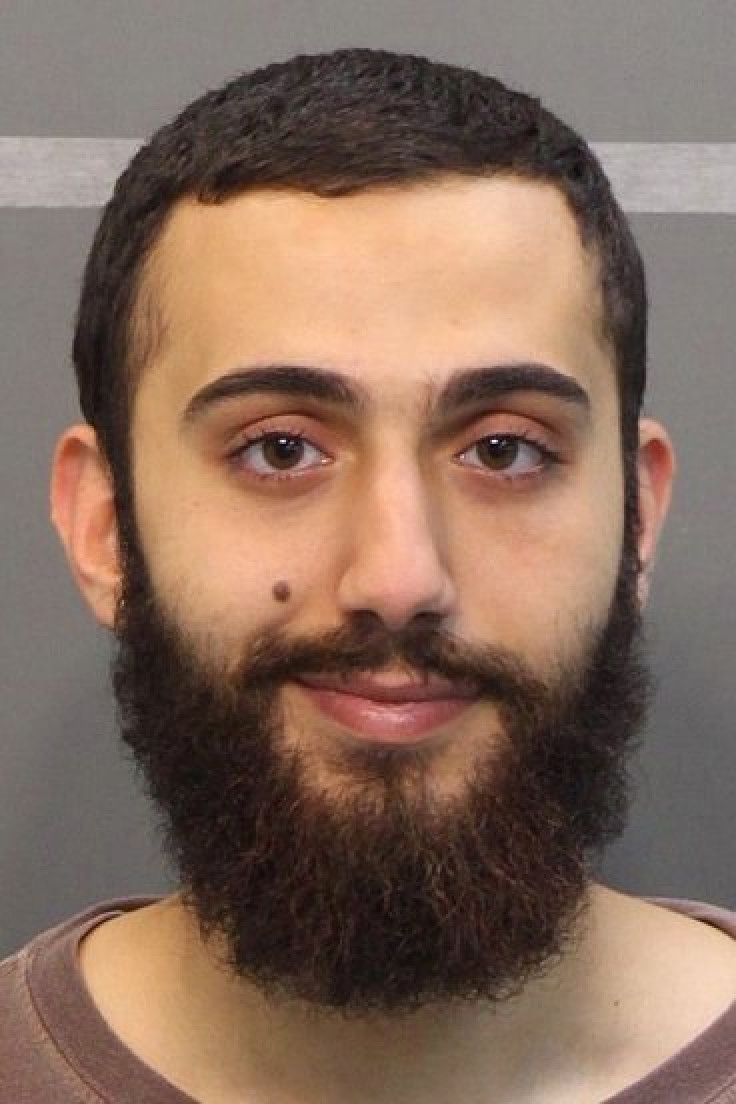Chattanooga shooting: Why do we know so little about Islamic State-inspired gunman Mohammad Abdulazeez?

Almost a week after Chattanooga shooter Mohammad Abdulazeez's attack, very little is known about his motives, path to radicalisation, and network of affiliations.
Immediately after the attack, Islamic State (IS) fighters and supporters hailed Abdulazeez as a "soldier of the Islamic State", but no official messages from IS claiming the attack have yet been made.
This silence is noteworthy considering the case of the shooting in Garland, Texas: Not only did IS fighter Junaid Hussain bluntly indicate his connection to this attack, but in less than two days, IS officially announced the shooters to be "two soldiers from the soldiers of the Caliphate".
The Chattanooga shooting does make one thing clear: preparing for and investigating lone wolf attacks is no cut-and-dry task.
So why all the confusion surrounding Abdulazeez?
Because he was prepared. Abdulazeez did what jihadists are asked to do prior to execution of their attacks: delete important information that could provide insight into their networks. For this reason, some have claimed that Abdulazeez didn't maintain a high profile on social media.
However, Abdulazeez maintained accounts on various social media sites, including at least two on Facebook as well as others on WordPress, Photobucket, Daily Motion, YouTube, and other platforms.
Abdulazeez's social media information purge has proven effective. Despite all these accounts belonging to him, almost nothing is known about him. Thus far, we know almost exclusively what Abdulazeez wanted us to know.
A blog left behind by Abdulazeez illustrated his calculated social media presence. Just three days before the shooting, he posted two entries foreshadowing his coming attack, stating that "life is short and bitter" and that Muslims should not let "the opportunity to submit to allah...pass you by".
One of his Facebook accounts, under the name, "Mohammed AbduAzeez," was taken down —most likely by him to prevent investigators and others from learning about his social life and connections. The second Facebook account, though not taken down, showed no posts.

Small traces of information remaining on these pages may still provide some valuable insights into Abdulazeez's interests, though. His second Facebook account showed only one friend: a user who also claimed to live in Chattanooga, have originated from Syria's Daraa governorate, and worked for the pro-rebel activist news organization, Shaam News Network (SNN).
Still, finding online discussions by him or about him is a challenge. Even others who appear to have known him continue to remove comments from their social media accounts. The day after the shooting, Mazzen Haj Ali, an alleged Palestinian in Nablus and Facebook friend of Abdulazeez's father, shared a news video about the shooting and added a short eulogy in Arabic:
"May Allah have mercy on you and grant you paradise. And may Allah not forgive anyone who talks badly about you..."
- Muhammed Youseff Abdul Azeed Haj Ali
The post was liked 49 times, with a dozen users also giving well wishes to Abdulazeez. One user wrote: "Whoever will talk badly about him is a Jew," while another, also from Nablus, wrote:
"By Allah, O Mazen, I became one of those people; I am intending to be Da'ish [IS] for their presence. May Allah protect [conceal – cover] it, and Allah is Higher and knows better than all the people."
Notable is that the user, Mazzen Ali Haj, shares the same last name as Abdulazeez's uncle, Asaad Ibrahim Abdulazeez Haj Ali, who has been detained by Jordanian authorities.
However, this post — the first of any significance that I was able to find by his family and/or associates — was deleted 17 hours after it was made. Thus, yet another set of potentially informative comments and likes disappeared, creating another empty space to the puzzle.
Similarities to the Copenhagen Shooting
Abdulazeez's attack has several similarities to the shooting by Omar Abdel Hamid El-Hussein, who attacked a cartoonist event and synagogue in Copenhagen on February 14-15, 2015.
Abdulazeez and Hussein, who were both in their early twenties, also displayed behavior not exemplary of devout Muslims. Both, for instance, had run-ins with the law: Abdulazeez through his drug use and a DUI (driving under the influence), and Hussein through gang violence. Furthermore, both travelled to Jordan not long before their respective attacks (Hussein as recently as 2012 and Abdulazeez as recently as 2014).

Even the style of their attacks were similar. Both shooters were determined to die after killing their targets, and both attacked more than one location. Hussein first shot at a free-speech event housing artist Lars Vilks and then, making it that far without being killed, attacked a bat mitzvah celebration at a synagogue.
Hussein was later killed in front of a police-monitored apartment complex. Abdulazeez, similarly, attacked Chattanooga's Armed Forces Career Center and then drove to a naval reserve center to continue his spree before being killed.
And, as was stated of Abdulazeez, other players involved in Hussein's attack are hard to identify. While he swore allegiance to IS leader Abu Bakr al-Baghdadi on his Facebook page before committing his attack, IS never claimed the attack like it did with the aforementioned Texas shooters. IS's eighth issue of "Dabiq" magazine, released on March 30, 2015, did praise Hussein and his attack as "brave and selfless", but did not claim any involvement.
The Chattanooga shooting does make one thing clear: preparing for and investigating lone wolf attacks is no cut-and-dry task. Cases like the Texas shooting – wherein every step taken by attacker Elton Simpson toward the attack was seemingly left out in the open online — may be feeding a delusion that the threat of lone wolf attacks is a controllable one.
In reality, no technology or security tactics exist that can detect or prevent every twisted mind like Abdulazeez.
Rita Katz is executive director of the SITE intelligence group (www.siteintelgroup.com). She has been monitoring terrorist activity and Jihad for more than a decade.
You can find her on Twitter @rita_katz.
© Copyright IBTimes 2024. All rights reserved.






